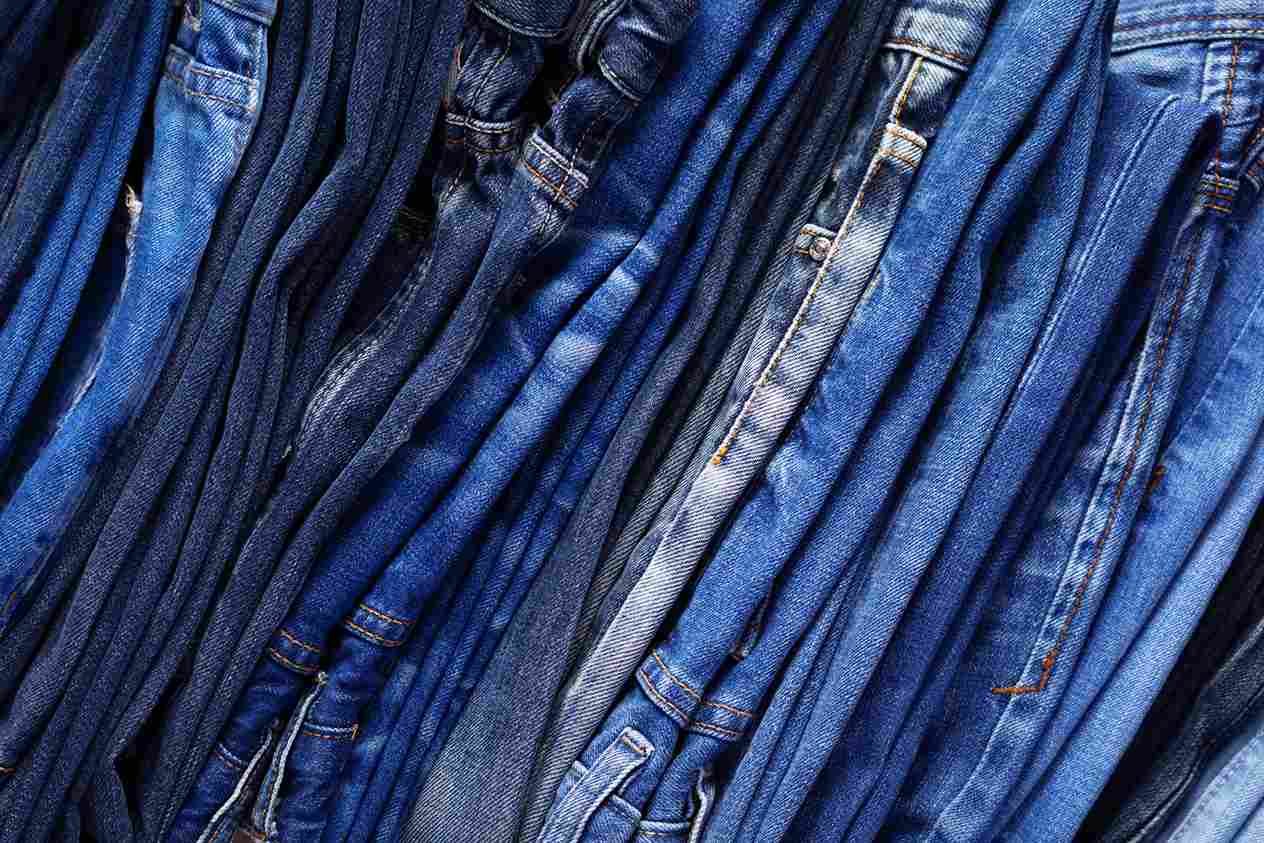
Article content:
According to various sources, in 2023 alone, 3 billion pairs of jeans were sold worldwide. The trend continues in the current years and will remain relevant in the future. For a clothing-focused business, wholesale jeans from China offer enormous potential — but only with the right supplier selection and well-structured logistics. This determines not only profitability but also market reputation. In this article, DiFFreight experts will not only review all the nuances of international supplies for such products but also describe all the advantages of organizing the process “turnkey” with our company.
Suppliers often face challenges and risks related to international shipping; however, with the right approach and awareness of pitfalls, buying wholesale jeans from China can be quick and free from unforeseen costs. With a clear algorithm and a reliable partner like DiFFreight, the entire process becomes clear, transparent, and efficient. It can be divided into sequential steps:
Determining Needs and Choosing the Assortment
First, determine the required products and their specifications: model and style (skinny, straight, wide-leg, boyfriend, mom-fit, slim-fit, etc.), size (children’s, teens’, men’s, women’s, and size parameters for each category), fabric and composition (denim of various densities, with elastane, cotton), and other parameters. It’s also important to identify the minimum order quantity (MOQ): each factory may have different requirements for the minimum batch. A precise description of your requirements will greatly simplify the search for suppliers in China and subsequent negotiations.
Searching and Verifying Suppliers
To order wholesale jeans from China, you first need to explore the most relevant ordering channels:
Our specialists can help you not only find manufacturers but also carry out a full verification, including checking business licenses, company history in Chinese registries, and reviewing feedback and reputation.
Ordering Samples and Signing the Contract
Full-scale shipping from China to Ukraine can proceed after reviewing samples. This is not mandatory but highly recommended. A “trial” batch allows you to personally assess the quality of the fabric, stitching, fittings, and compliance with stated specifications.
After sample approval, a supply agreement is signed, specifying:
For domestic platforms, purchasing goods in China often requires an intermediary, as such factories are not interested in direct deals with foreigners.
Quality Control and Preparation for Shipping
When you are ready to buy wholesale jeans from China, preparations begin. Our specialists can carry out factory inspections with product review, counting, and a detailed report for the client. After quality control, the goods are prepared for shipping.
Logistics and Customs Clearance
For delivery, sea freight is most often chosen. It is the most economical option and is suitable for bulky cargo. Jeans are a relatively easy-to-transport product that, when properly packed, can withstand long sea transportation in a container without issues.
Our warehouse services in China include cargo consolidation (for example, combining orders from several suppliers into one), packaging, and temporary storage.
Customs clearance is a critically important stage. For legal sales, it is necessary to correctly prepare all documents for customs, classify the goods according to the HS code, and pay duties and taxes.
Delivery within Ukraine
The final stage is transportation to the specified warehouse or address in Ukraine. Wholesale Chinese jeans, for which DiFFreight assists with documentation, quickly reach the recipient, completing the trade and purchasing cycle.

Buying Chinese jeans wholesale is very profitable: we compared clothing prices across different segments on a Ukrainian retail marketplace and a Chinese wholesale platform. For market research in China, we chose the export platform Alibaba, but prices on domestic platforms are even lower.
| Type of Jeans | Price in Ukraine, $ (per pair) | Price in China, $ (per pair) |
|---|---|---|
| Baggy oversized jeans with a dirty effect | 42 | 19 |
| Palazzo jeans with high waist, straight cut | 31 | 15 |
| Women’s white culotte jeans with contrast stitching | 27 | 11 |
| Men’s vintage-style Baggy jeans with a distressed look | 50 | 19 |
| Kids’ jeans (3 years), dark blue with heart print | 16 | 3.30 |
Wholesale jeans prices from China do not include delivery costs! You can get an exact calculation during a consultation with DiFFreight buyers.
When purchasing wholesale, customs issues may arise, including confiscation of goods and fines. Below is a list of common situations that can prevent you from buying Chinese jeans wholesale:
International clothing and textile sales are thriving, and China also offers wholesale jeans. Yes, such a purchase is a complex process requiring deep knowledge of international logistics, customs legislation, and the specifics of the Chinese market. DiFFreight offers not just transportation but a comprehensive partnership. Whether you own a store, a manufacturing business, or are simply a fashion enthusiast, our five years of market experience will help you receive your shipment on time and without issues.
The most popular categories for resale are classic blue jeans, skinny, boyfriend jeans, high-waist jeans, as well as kids and teen models. Basic models without branded logos are especially profitable, as they are easy to sell in your region.
MOQ depends on the factory and type of jeans: standard models can be ordered from 50–100 pcs of the same size/color, while custom-branded or designer models require 300–500 pcs. We help you choose a factory that fits your budget and needs.
Yes, many Chinese manufacturers offer OEM/ODM services: you can add your logo, brand label, or customize colors and tags. This is ideal for private brands or clothing stores that want to stand out in the market.
We organize inspection directly at the factory or at our warehouse in China. Inspection includes: fabric and stitching quality, size conformity, checking zippers and buttons, packaging, and completeness. This minimizes the risk of receiving defective goods.